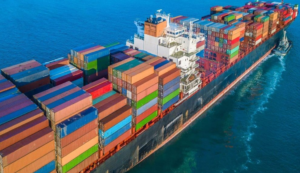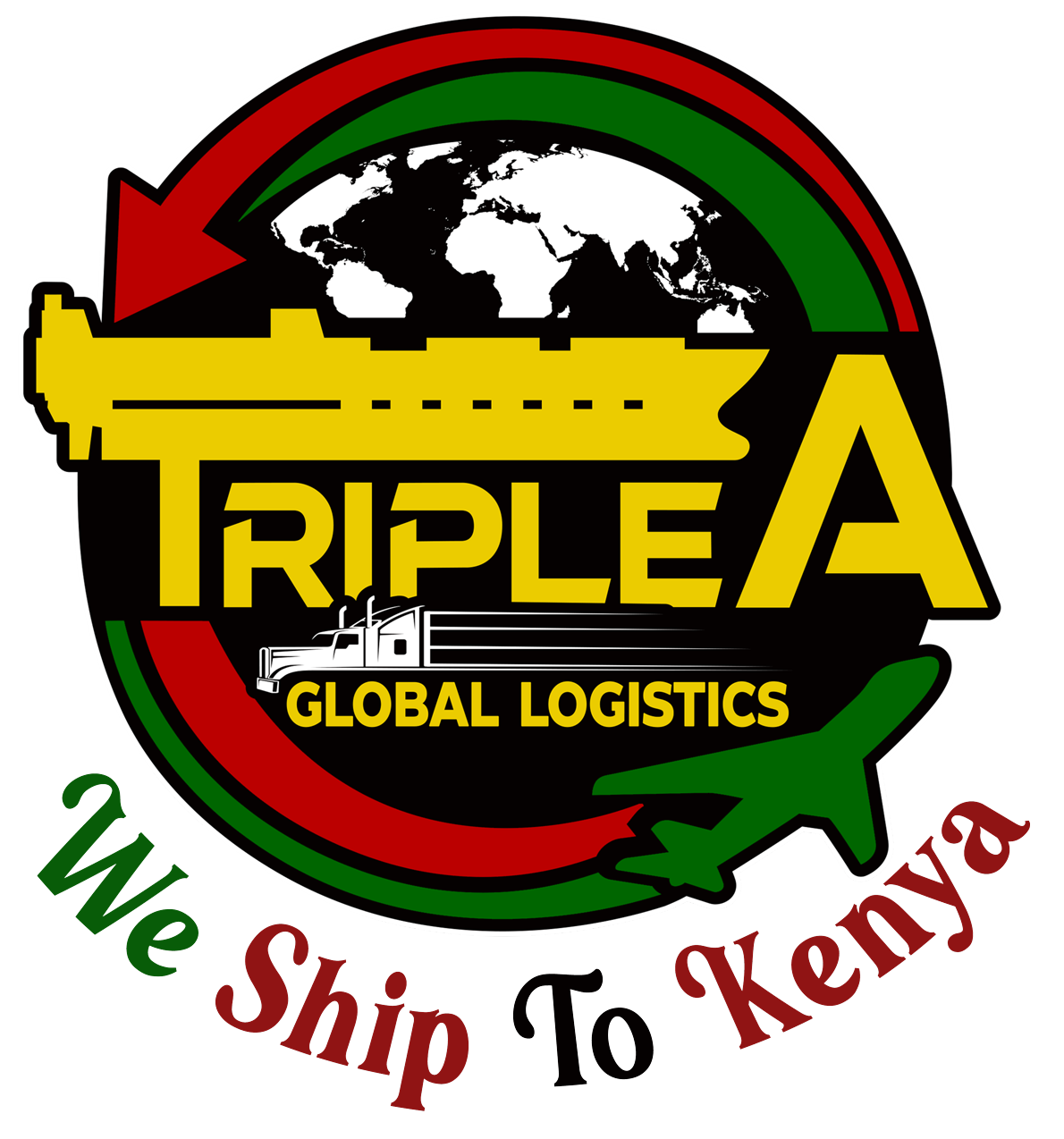Call Us:
+44(0)2039579445
+254 111 81 81 81
Mail Us:
info@tripleafreight.co.uk
Triple A
 In today’s interconnected world, international ocean shipping businesses of all sizes rely on efficient logistics solutions to transport goods across international borders. One of the most popular methods for long-distance shipping is ocean freight. This article explores the intricacies of ocean freight international delivery service, highlighting its advantages, key players, processes, challenges, and future trends.
In today’s interconnected world, international ocean shipping businesses of all sizes rely on efficient logistics solutions to transport goods across international borders. One of the most popular methods for long-distance shipping is ocean freight. This article explores the intricacies of ocean freight international delivery service, highlighting its advantages, key players, processes, challenges, and future trends.